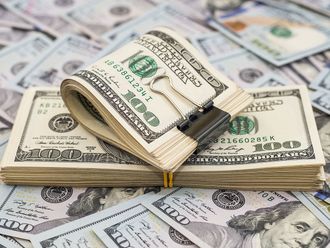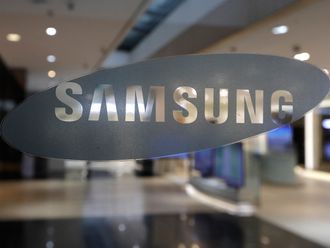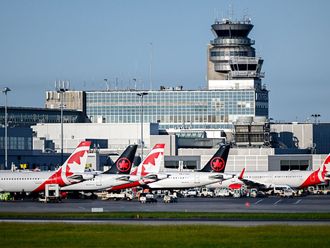Zurich: Swiss central bank President Philipp Hildebrand, who ended 15 months of intervening in foreign-exchange markets this year, may prove powerless to stop the franc from extending a record rally that he calls a "burden."
Options traders are more bullish on the franc for the next three months than any major currency except the yen, according to data compiled by Bloomberg. Bank of Tokyo-Mitsubishi UFJ Ltd says it may appreciate 8.3 per cent to 1.17 per euro in six months after rising more than any major peer since intervention ended in June. Standard Bank Plc estimates an advance to 1.20.
Currency traders say Hildebrand probably won't renew efforts to stop the gains after previous sales failed to halt the appreciation that made exports more expensive and saddled the Swiss National Bank with $22 billion (Dh80.8 billion) of exchange-rate losses in the first nine months of 2010. While policy makers said on June 21 that intervention was no longer needed as the risk of deflation had ebbed, price increases have since slowed.
Limited options
"The SNB cannot do much, they are just observers," said Beat Siegenthaler, a Zurich-based currency strategist at UBS AG, ranked by Euromoney Institutional Investor Plc as the world's second-biggest foreign-exchange trader. "Of course they are very worried. Their options are limited."
The franc advanced 1.2 per cent last week to 1.2627 per euro, climbing to a record 1.2439 on Dec. 22. It gained 0.7 per cent against the dollar to 96.23 centimes, extending its 2010 rise to 7.6 per cent. The Swiss currency weakened 0.3 per cent against the euro and was little changed versus the dollar as of 11.05am in London yesterday.
Monetary union
Switzerland's currency, a haven in times of economic turmoil, has strengthened 17 per cent against the euro this year amid concern the fiscal crisis engulfing Greece, Ireland, Portugal and Spain will curb growth in the 16-country region and may force some nations out of the monetary union.
The franc's gain against the euro is an additional "burden" for Swiss exports, which account for about 50 per cent of gross domestic product, Hildebrand, 47, told reporters in Zurich before Christmas. Growth in Switzerland's $492 billion economy is likely to be "significantly lower in the quarters ahead," partly because of the currency's strength, he said.
Werner Abegg, a spokesman for the central bank, declined a Bloomberg News request to arrange interviews with policy makers.
The SNB said it had started selling on March 12, 2009, its first solo foreign-exchange intervention since 1992.











